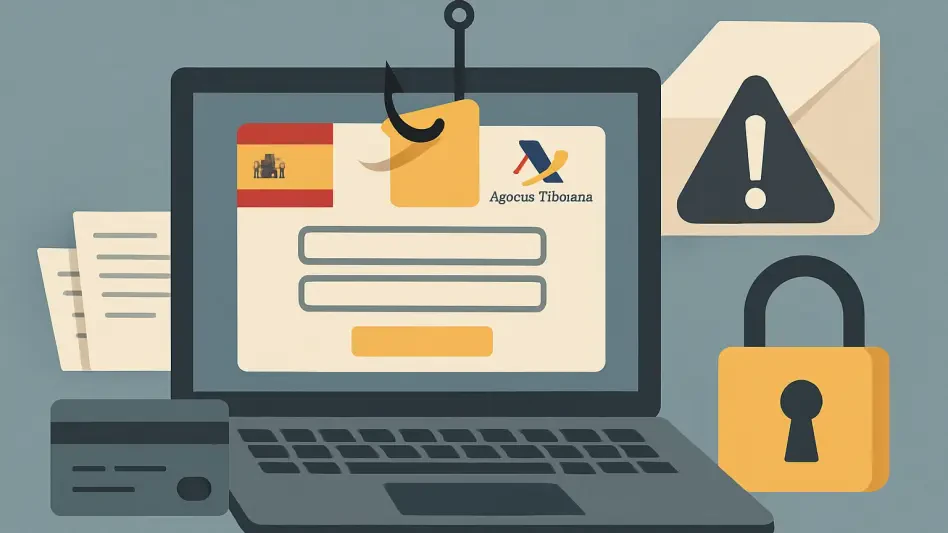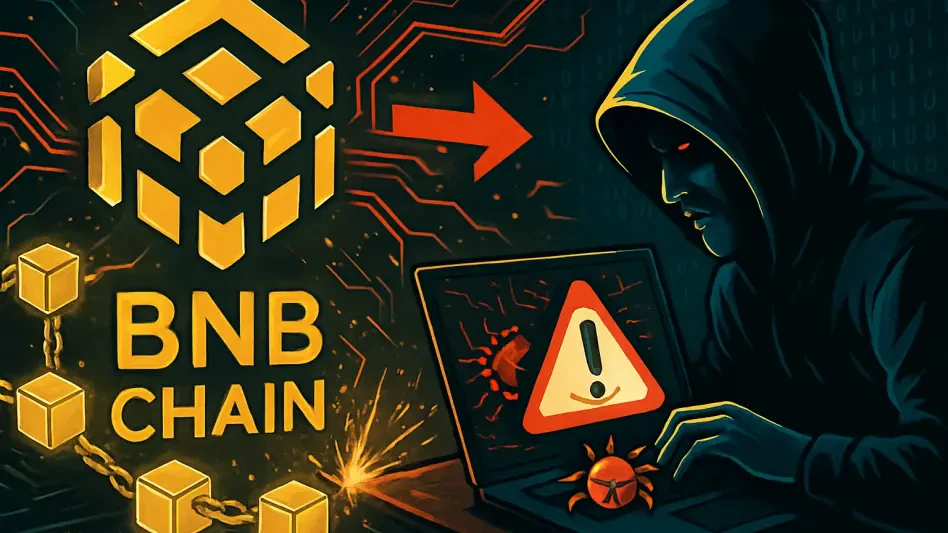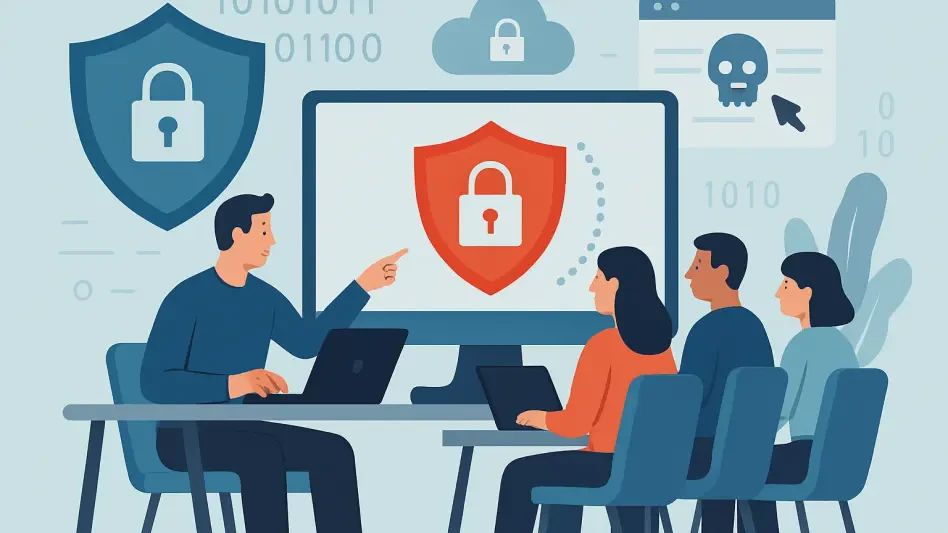In an alarming surge of cybercrime, thousands of Spanish taxpayers are receiving deceptive messages claiming to be from the Agencia Tributaria, the country’s tax authority, designed to trick recipients into revealing sensitive information. These fraudulent communications, often disguised as urgent alerts about unpaid tax debts, filing errors for recent years, or pending refunds, appear legitimate at first glance with official branding and formal language. However, subtle clues like minor spelling mistakes in SMS messages or sender addresses unrelated to the authentic agenciatributaria.gob.es domain expose their true nature. This sophisticated phishing and smishing campaign exploits trust in government institutions, particularly during peak tax seasons when individuals are more likely to respond to such notifications. The consequences of falling for these scams can be severe, ranging from financial loss to identity theft, highlighting the urgent need for public awareness and vigilance.
1. Recognizing the Deceptive Tactics
The fraudulent messages often arrive with compelling subject lines like “Official Notification: Approved Tax Refund” or “Overdue Tax Obligation,” crafted to instill panic and prompt immediate action. These communications urge recipients to click on embedded links for further details, leading them to counterfeit websites that closely mimic the official Agencia Tributaria platform. Once there, victims are prompted to enter login credentials, personal identification data, and even credit card details, unwittingly handing over valuable information to cybercriminals. A critical red flag is the sense of urgency these messages create, a common tactic to bypass rational thinking. Additionally, discrepancies such as unfamiliar email domains or grammatical errors in texts can serve as warning signs. The National Cybersecurity Institute of Spain, INCIBE, has noted a spike in these scams, emphasizing that taxpayers must scrutinize every unexpected message before taking any action, as the sophistication of these attacks continues to evolve.
2. Taking Swift Protective Measures
For those who receive suspicious messages but have not yet interacted with the links, immediate steps can prevent potential harm. INCIBE advises reporting such communications to their dedicated incident mailbox, blocking the sender, and deleting the message to avoid accidental clicks. However, if personal or banking information has already been shared, the response must be swift—contacting the INCIBE Cybersecurity Helpline for tailored guidance is crucial, alongside notifying banks to freeze accounts or cards to halt unauthorized transactions. In cases where identification documents have been compromised, renewing official IDs like the DNI is essential to prevent identity theft. Victims should also preserve evidence, such as screenshots or malicious links, and file a police report to aid investigations. Regularly searching one’s name online can help detect if personal data is being misused. By acting promptly and staying cautious, taxpayers can safeguard their information and contribute to curbing the spread of these deceptive campaigns.







